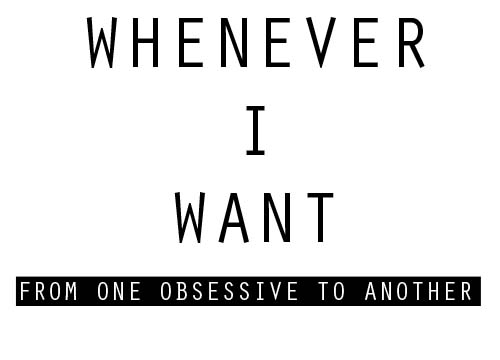
When Corrections was released, Jonathan Franzen was charged with saving the Great American Novel. His new release may just do that by discounting everything Americans hold dear.
Take nine years to write a novel. Sell 2.85 million copies. Take a further three years to develop the main protagonist of your follow-up. Become the sixth writer of all time to appear on the cover of Time Magazine. It’s not the customary route for a novelist, particularly in this technologically progressive age, but Jonathan Franzen doesn’t think much of this age. In fact, in How to be Alone (a collection of essays) he had this to say: “For every reader who dies today, a viewer is born, and we seem to be witnessing the final tipping balance.” If Freedom is anything to go by, he doesn’t think much of said viewers, either.
When everything, from website-to-blog-to-Facebook-to-Twitter, and including the novelist, is downsizing and specialising, Franzen has released two 600 page novels in a decade that are all-encompassing beasts, nothing less. They develop inherently realistic characters – likeable or not, often not – with histories and flaws and birthmarks and rituals and mistakes. These characters are then placed in a socio-political context that their character is a product of as much as the world they live within is. This is often a source of conflict.
It’s not helpful to talk about what happens in a Franzen novel, because everything happens and nothing happens. Rather, why, when everything and nothing happens does one veraciously turn the page? How does Franzen make a small encyclopaedia about one middle-American familys’ issues entertaining?
Firstly, the socio-political bent, an important part of the American landscape and a source of incredible division for its people. In Freedom there is an inherent Liberal V Conservative thematic countenance, but the decisions the characters make, to sit on either side of the D.C fence are so inherently influenced by their circumstances, and so objectively argued by Franzen that one can’t help but feel sympathetic towards a Conservative ranch owner attempting to de-forest government land for mining. Similarly, some of the Liberals (of which category this writer would consider herself) are downright annoying. Did someone say patronizing?
Secondly, every sentence is a fortune-cookied piece of philosophical advice, even if it doesn’t seem like it, even if the characters do not heed their intelligent inner monologues.
Finally, nihilism. Yes, in true Franzen fashion, everything falls apart for many of the characters in the end. And it’s heartbreaking. You have followed these people throughout their entire life; you know that they hate sex because they were raped in the High School locker room at 16. Or that they are vehemently Conservative because their parents were the aforementioned patronizing Liberal Democrats who put more onus on their relationship with politicians than their children.
But at its heart Freedom is honest. It is a very detailed snapshot of America and Americans in all their contradictory, ‘Land of the [supposed] Free’ glory, and moreover, a snapshot of human nature.
And if, as Franzen notes, people viewed less and read more, said image of human nature mightn’t be quite so harrowing.

No comments:
Post a Comment